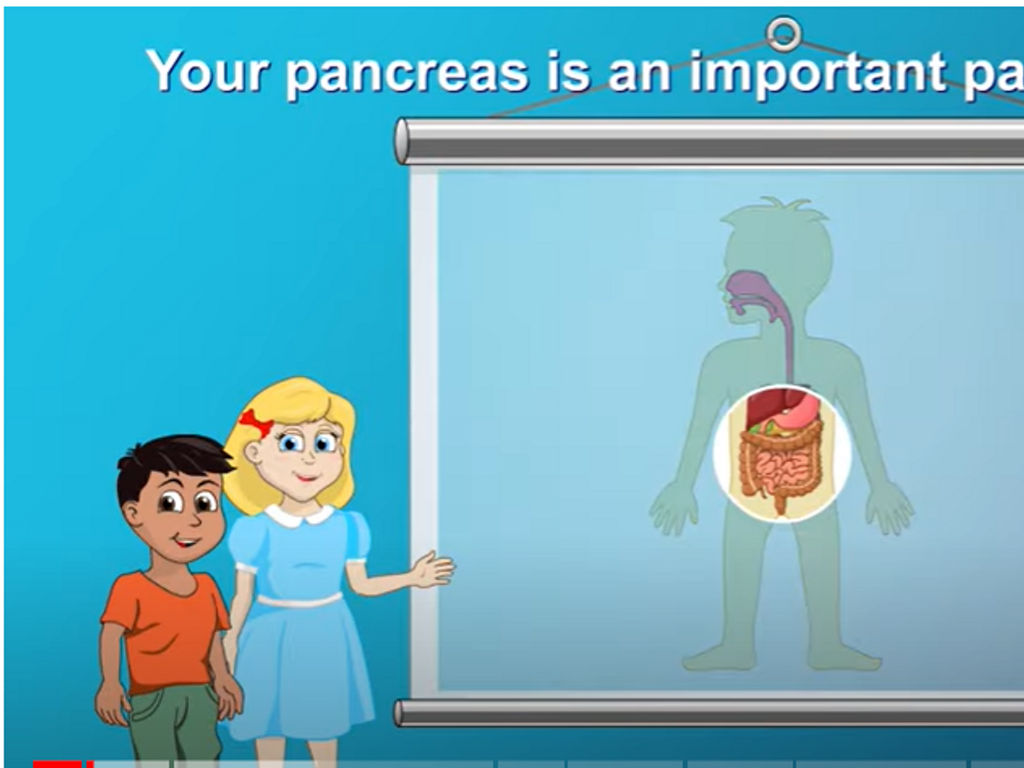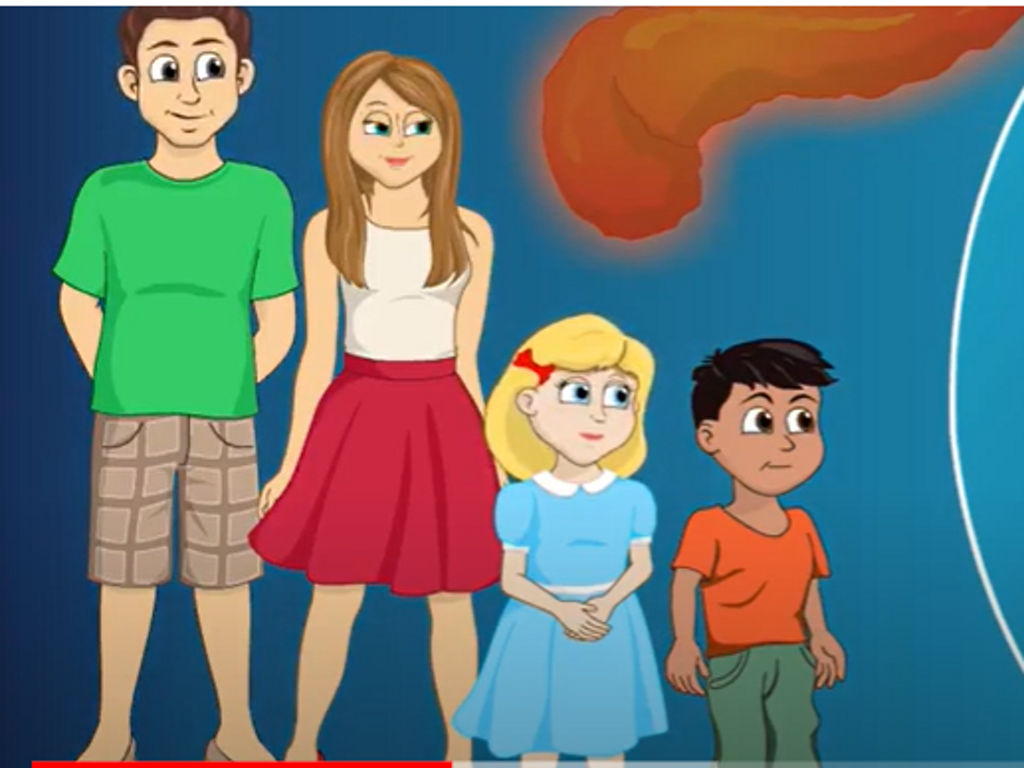What is pediatric pancreatitis?
The pancreas is an organ that sits behind the stomach just above the navel. It makes enzymes that are essential for the digestion of food. It also produces insulin, a key hormone that regulates blood sugar levels. Most inflammatory disease of the pancreas, called pancreatitis, occurs in adults, but children can also suffer from pancreatitis. There are two major forms of pediatric pancreatitis: one is temporary, or acute, and the other is ongoing, or chronic.
What is acute pancreatitis (AP) in children?
The more common and less serious form is acute pancreatitis. Most children who get acute pancreatitis have only one episode, and it does no permanent damage to their pancreas. Acute pancreatitis can have several different causes. Hits to the mid-upper abdomen—from bike accidents or sports injuries, for example—can traumatize the pancreas and cause it to become inflamed. Allergies to medications—such as some anti-seizure medications and chemotherapy—can also cause acute pancreatitis. Gallstones—tiny, hard, crystalline “stones” made in the gallbladder—sometimes get stuck in the narrow pancreatic ducts and cause acute pancreatitis. About 10 percent of acute pancreatitis cases in children have no known explanation.
Symptoms of acute pancreatitis include nausea, vomiting, and intense abdominal pain, which can come on suddenly and can then be constant or periodic. With proper management, which sometimes includes intravenous fluids and/or the endoscopic removal of stones, these symptoms may continue for about a week. Acute pancreatitis is typically diagnosed with the help of blood tests (that can reveal elevated levels of the pancreatic enzymes amylase and lipase) and/or ultrasound and CT scans that can detect pancreatic inflammation.
What is chronic pancreatitis (CP) in children?
If a child’s pancreatitis worsens over time, it can cause scarring and permanent damage to the organ. If symptoms continue, or if they keep coming back, the condition is classified as chronic pancreatitis. Like acute pancreatitis, chronic pancreatitis can result from stones and other blockages of the pancreatic duct, or from trauma to the organ itself. But it can also be caused by genetic or metabolic abnormalities. The symptoms are similar to those suffered in acute pancreatitis, but with additional long-term effects that sometimes include weight loss, jaundice, and diabetes.Â
Chronic pancreatitis is sometimes diagnosed using endoscopic retrograde cholangiopancreatography (ERCP)Ěý´Ç°ů endoscopic ultrasound, or by a CT or MRI scan. Although chronic pancreatitis cannot be cured, it can be well managed to reduce pain and to help a child’s digestive system to compensate for the lack of digestive enzymes and insulin. We sometimes use ERCP to remove stones or to bypass strictures. Some children with chronic pancreatitis are put on specialized diets or receive fat-soluble supplements for vitamins A, D, E, and K.





Connect with us:
Download our App: